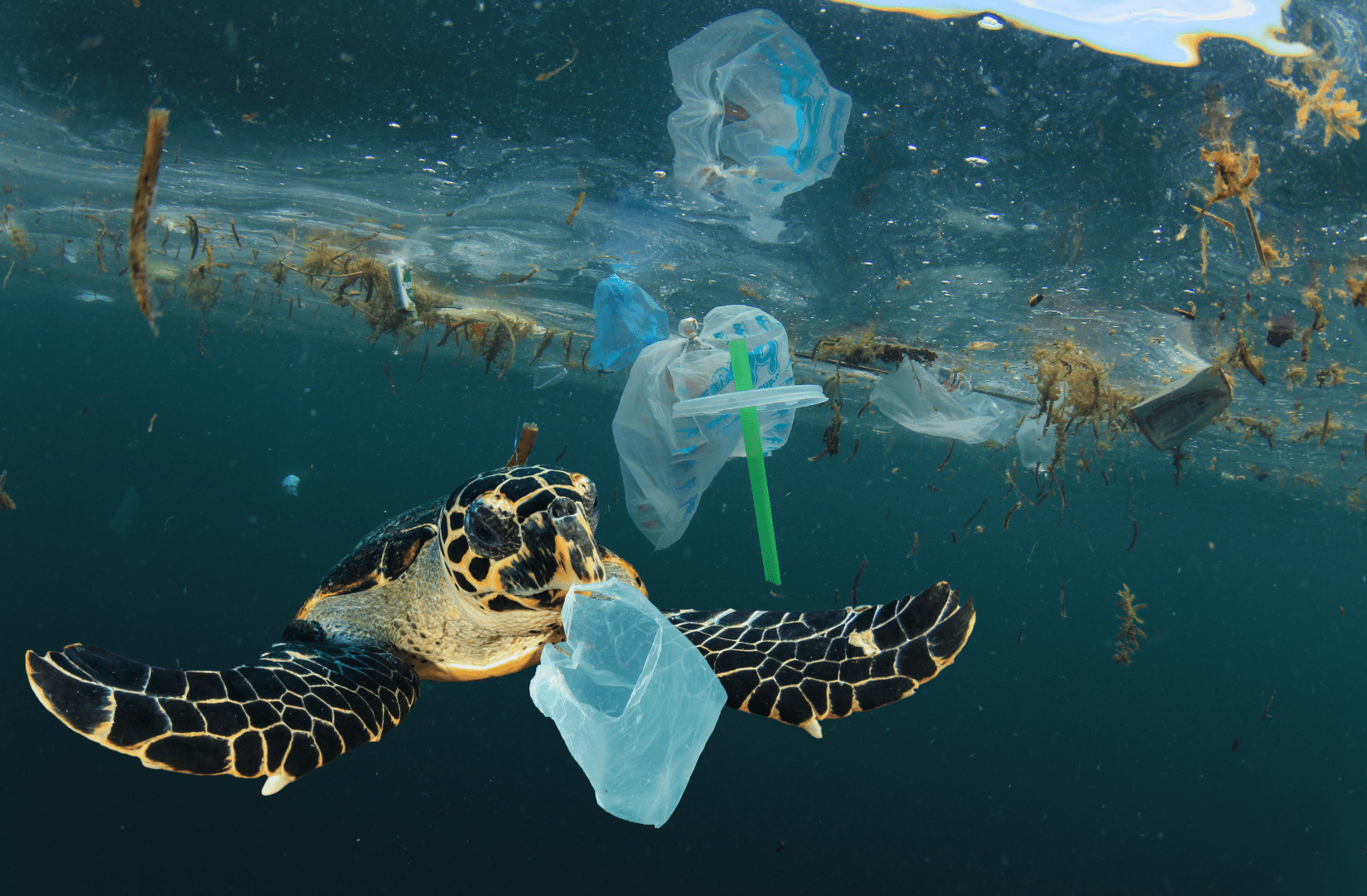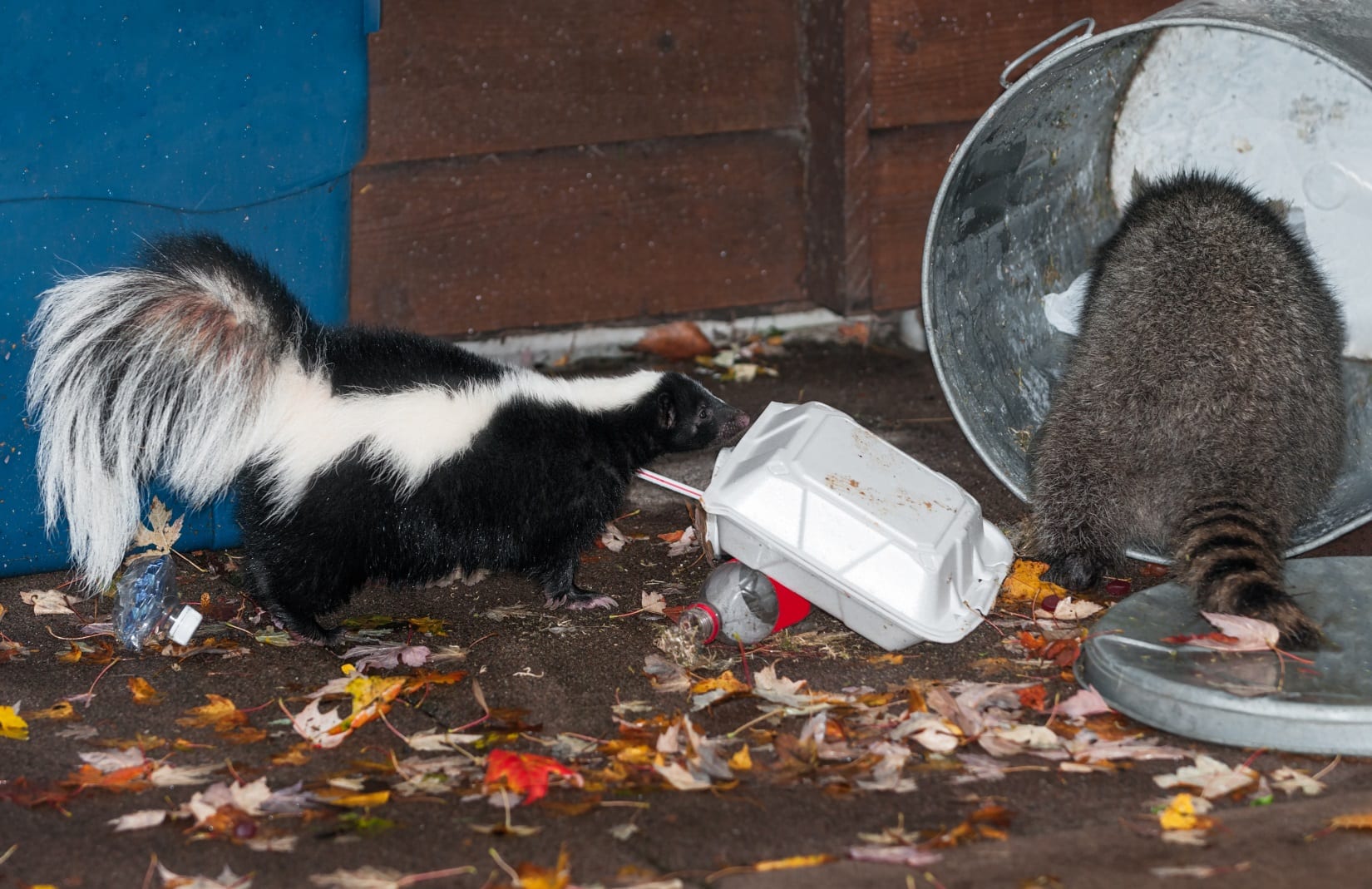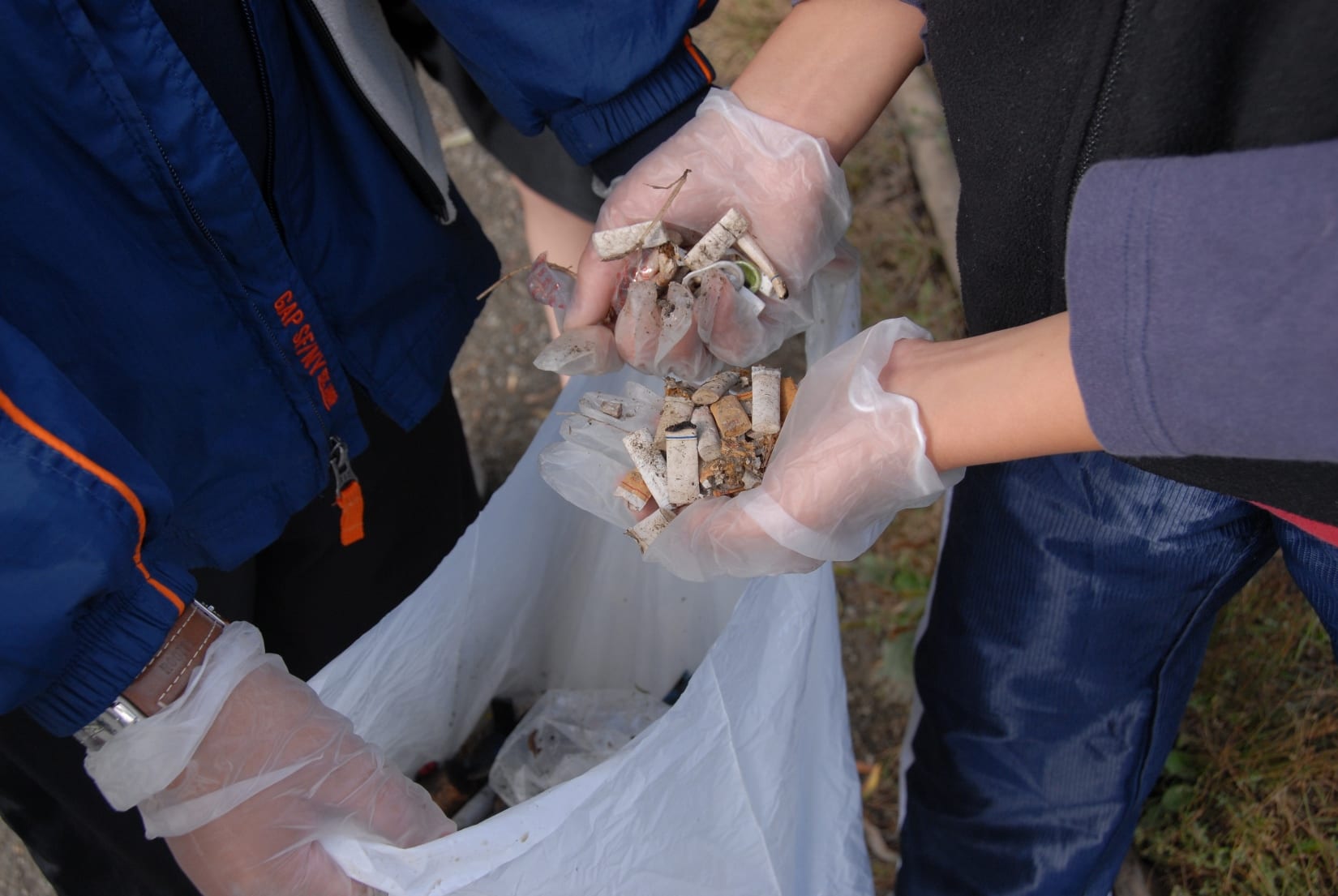World Ocean Day is celebrated every year on June 8 to spread awareness about risks to aquatic environments and how you can prevent them. World Ocean Day commemorates and acknowledges all that the ocean provides us with. The ocean, which covers 70 percent of the earth’s surface, produces at least 50 percent of the planet’s oxygen. It’s also home to most of earth’s biodiversity, and is the main source of protein for more than a billion people around the world.
However, the ocean — and the animals who live there — need our help. According to the U.N., 90 per cent of fished populations are now depleted, and 50 per cent of coral reefs have been destroyed. Not only are we taking more from the ocean than can be replenished, but we are also harming the wildlife species that depend on it for their survival.
The global scale of the problem is almost unimaginable, but there are concrete steps we can all take as individuals to make a difference locally.
Say “no” to problematic plastics
To a sea turtle, a plastic bag suspended in the water looks an awful lot like a jellyfish floating along. Plastic bags are second only to lost or abandoned fishing gear for harming wildlife. Sadly, sea turtles hunting down plastic bags is not a far-fetched story. Marine animals mistake our garbage for food all the time – with deadly consequences.
Plastic is a big problem because in its original form, it can remain in the ocean for hundreds of years, and can stick around for even longer in tiny particles. Instead of biodegrading, plastic just breaks down over time into smaller and smaller pieces. Much of the plastic pollution found across the globe is tiny – less than a millimetre in size.
Microbeads are a common ingredient in products like body washes, facial scrubs and toothpastes. Too small to be filtered out at water treatment plants, they flow straight from our sinks out to the ocean – and into the mouths and gills of marine animals. Scientists have found microplastic in plankton, arctic sea ice, deep-sea sediments, rain and even seafood. Although the federal government has declared microbeads a toxic substance, they have yet to be officially banned in Canada. In the meantime, we can use our purchasing power to avoid products with microbeads in them.
An estimated eight million tons of plastic makes its way into the world’s oceans each year. That number is like dumping the contents of a garbage truck into the ocean every minute!
What does all that plastic mean for wildlife? Scientists estimate that more than half (52 per cent) of the world’s sea turtles – individuals, not species – have ingested plastic. They also predict that, unless significant action is taken, almost 95 per cent of all individuals will be eating plastic by 2050. It’s difficult to fathom, but there could be more plastic than fish in the ocean, by weight, by 2050.
From plastic bags to cutlery and straws, disposable plastics have become part of our everyday lives. Try replacing disposable items with reusable ones. Here are some ideas:
- Bring your own cloth bags when you go grocery shopping.
- Pack your lunch in a reusable lunch bag with reusable containers and silverware.
- Use refillable water bottles instead of buying bottled water.
- Bring your own travel mug to fill at the coffee shop, or your own reusable containers if you’re expecting leftovers after dining out.
- Boycott microbeads.
Help animals avoid getting caught up
Discarded or lost fishing gear — known as “ghost gear” — becomes dangerous pieces of trash for many animals. The Food and Agriculture Organization estimates that one tenth of all marine litter is ghost gear, equating to 640,000 tonnes annually, and can include debris like nets, floats, buoys, crates, buckets, baskets, containers, drums, jerry cans, fish boxes and traps. Even small pieces of ghost gear can become a big problem for animals, and even kill them. Entanglement or entrapment by ghost gear affects 66% of marine animals, including all sea turtle species and 50% of sea birds. Nets, ropes and fishing line can easily get caught around wings, legs, or necks. A single lost piece of netting can entangle dozens of animals before it begins to degrade. If you fish, make sure to keep track of your gear and dispose of broken gear properly. If you come across ghost gear, pick it up (if safe to do so!) to dispose of it.
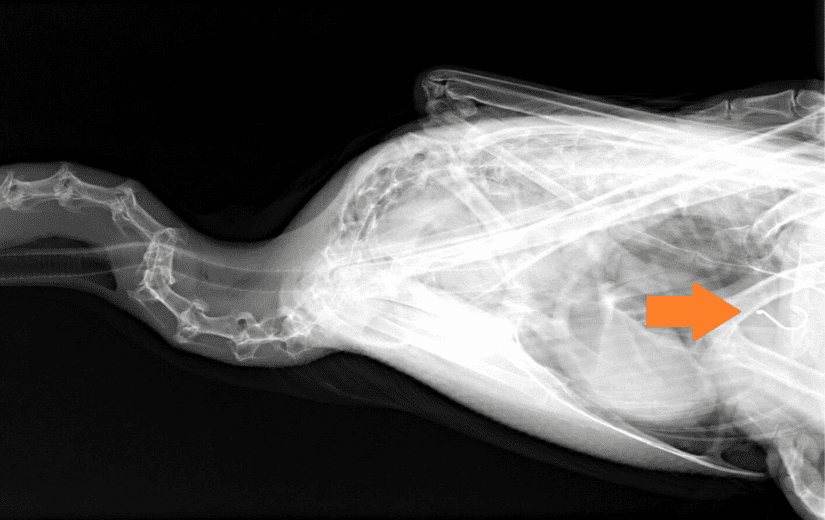
Participate in a shoreline cleanup
Canada has the longest coastline in the world, as well as thousands of lakes and rivers, so virtually every Canadian lives near some sort of shoreline. Volunteers for the Ocean Wise Shoreline Cleanup remove litter and ghost gear from rivers, streams, wetlands, marshes, parks, lakes, storm drains and beaches. To find a cleanup near you, visit shorelinecleanup.ca.
Although the gravity of the situation is overwhelming, we can stay positive by focusing on our achievements. Direct action has already made a difference – every year, more than 36,000 people participate in over 1,600 cleanups, picking up litter and cleaning over 1,400 kilometres of shoreline. It’s within our power to stem the tide of plastic pouring into our oceans.
Support sustainable fisheries
The ocean is home to aquatic animals that many humans rely on for food. Billions of aquatic animals are killed each year, and the growing consumer demand for seafood products has put an immense strain on our oceans. Unsustainable production methods harm our fragile marine ecosystems and the animals that rely on them most. Fish, octopus, and other marine life are sentient beings, meaning they are capable of feeling pain, emotions and have impressive cognitive abilities. Supporting sustainable fisheries not only benefits animal welfare, but also protects our oceans for future generations to come.
When shopping, look for the Certified Sustainable Seafood label by The Marine Stewardship Council.
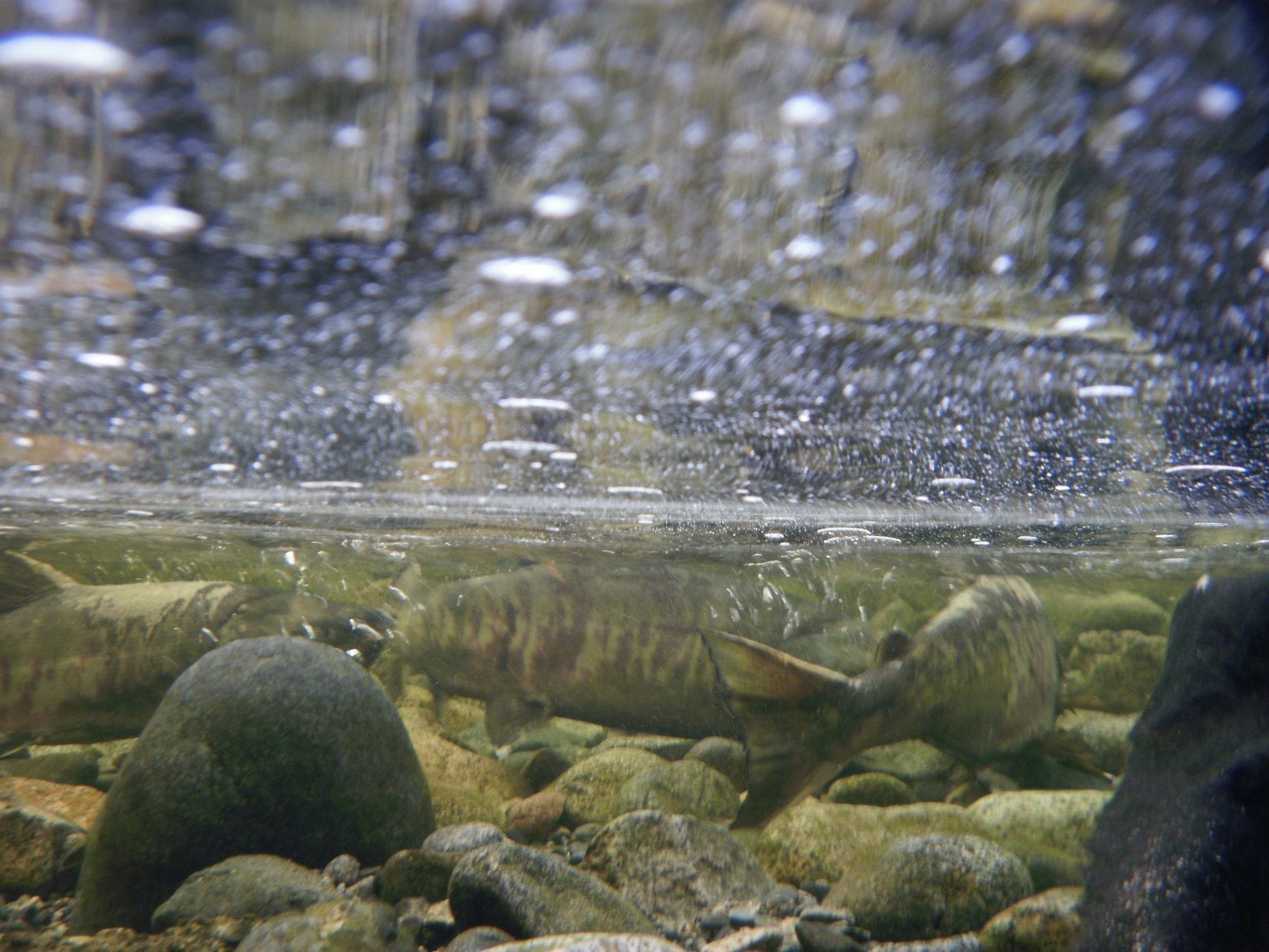
Subscribe to WildSense
Want to receive more stories like this, right in your inbox? Subscribe to WildSense, our bi-monthly wildlife newsletter.
The BC SPCA uses your personal information to update you on our work for animals as well as for advertising and analytics purposes. More information on uses and how to opt-out can be found in our Privacy Policy.

